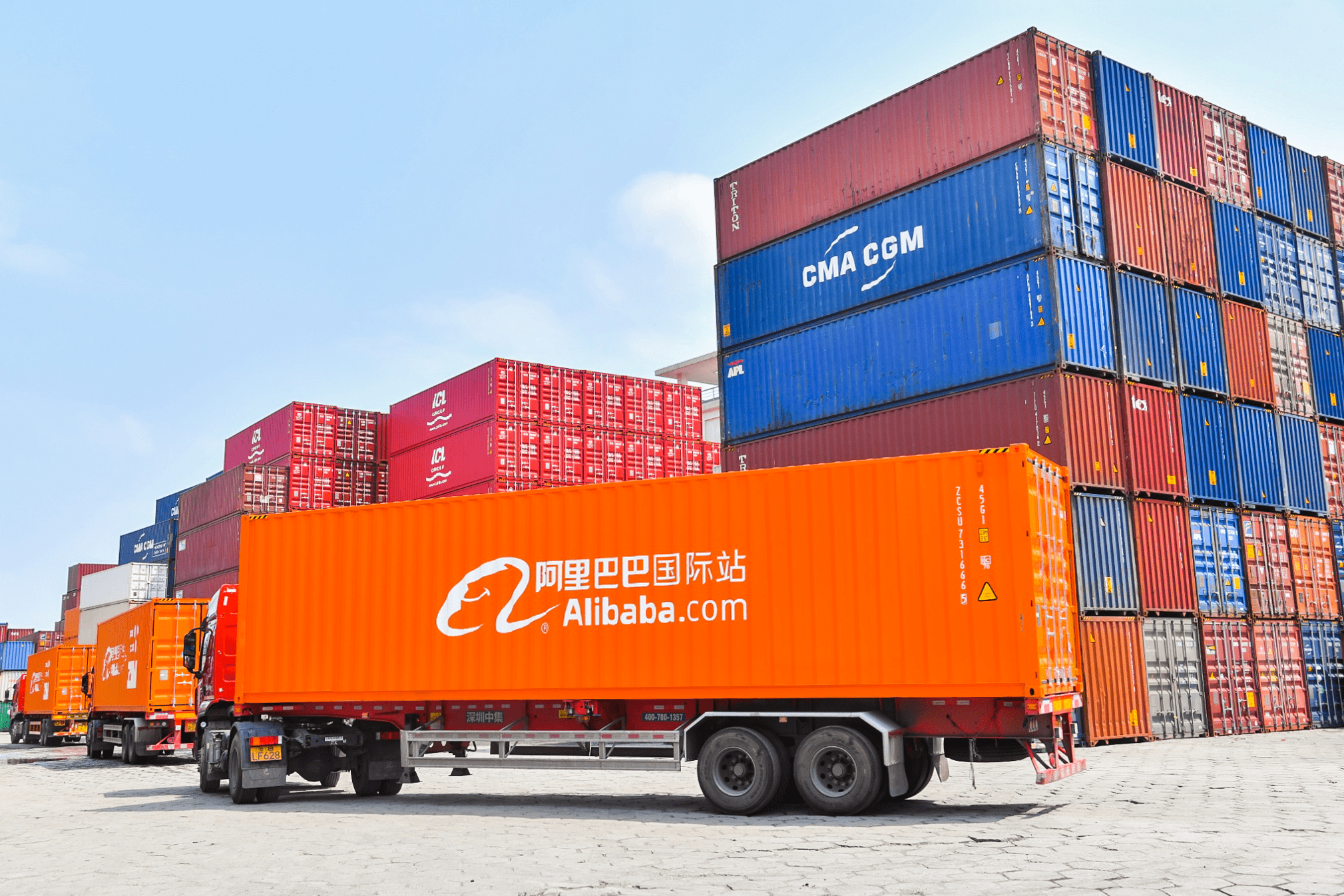
E-commerce platforms like Alibaba.com provide access to digital channels for sales. Photo credit: Alibaba Group
Online retail helped inoculate micro, small and medium-sized enterprises (MSMEs) against pandemic-related challenges over the last two years, according to a report published by Alibaba Group’s B2B platform Alibaba.com and research arm AliResearch on Monday.
Drawing from surveys of over 1,000 B2B MSMEs in 164 countries, the report concluded that many small business-facing merchants stayed afloat during the pandemic by going all-in on digital retail and leveraging cross-border e-commerce channels.
These retailers embraced virtual trade shows, livestreaming, social selling and more to retain existing customers, find new ones and manage high logistics costs.
“[The] creativity and ingenuity that MSMEs have put into action to overcome the many hurdles created by the pandemic are nothing short of impressive,” said Andrew Zhen, vice president of Alibaba.com, in a statement.
An earlier Alibaba.com survey found that 61% of digitized small and medium-sized B2B businesses in the U.S. saw sales increase last year, compared to just 34% of those not online.
To be sure, small business-facing retailers still trail consumer-facing companies regarding their digital maturity.
“[B2B MSMEs] need upgrading across a whole bunch of skills to be effective and be able to properly use these tools,” James Howe, senior adviser at the United Nations-mandated International Trade Center (ITC), said during a webinar on Monday.
B2B e-commerce platforms help small businesses overcome these hurdles by bringing together buyers and sellers and providing tools such as freight and air shipment services and payment terms for cash flow control.
Alibaba.com has 150 million registered users and over 26 million buyers in more than 190 countries.
Small Business, Big Challenge
Few MSMEs emerged from the last two years unscathed by stagnant demand and rising costs due to the pandemic.
Up to 70% of MSMEs globally saw sales decline, while two-thirds reported their sales dropped by 40%, according to the Alibaba.com report. Less than a quarter of MSMEs made it through the pandemic without a decline in sales.
“The primary problem was a sudden and nearly total suspension of demand due to the effects of lockdown mandates in physical-focused industries like tourism and hospitality, where MSMEs are strongly represented,” said Zhang Kuo, President of Alibaba.com.
The pandemic also triggered rising costs in global trade and logistics. As their sales revenue declined, MSMEs reported a higher proportion of liquidity crises leading to waves of business closures and unemployment.
A quarter of survey respondents with under 10 employees shut down completely, compared to 13% of large enterprises with more than 250 employees that reported complete shutdowns.
Green Shoots
Small-scale businesses are bellwethers of health in the broader economy; nurturing their growth has far-reaching benefits.
Worldwide, MSMEs account for 90% of businesses, 70% of employment, and 50-60% of GDP, according to the Alibaba.com report.
“We have to recognize that MSMEs are not only critical economic players but their health and prosperity are also critical to a full and sustainable global economic recovery,” said Gao Hongbin, vice president of Alibaba Group, Head of AliResearch Institute.
By providing access to digital channels for sales, e-commerce platforms lower the threshold for these companies to participate in international trade and increases their chance of recovery.
Online retail also gives MSMEs access to data analytics, such as demand forecasting, that empowers them to make better business decisions.
Benefits extend to B2B buyers as well. More than half now use online marketplaces such as Alibaba.com to find new suppliers, according to ITC.




